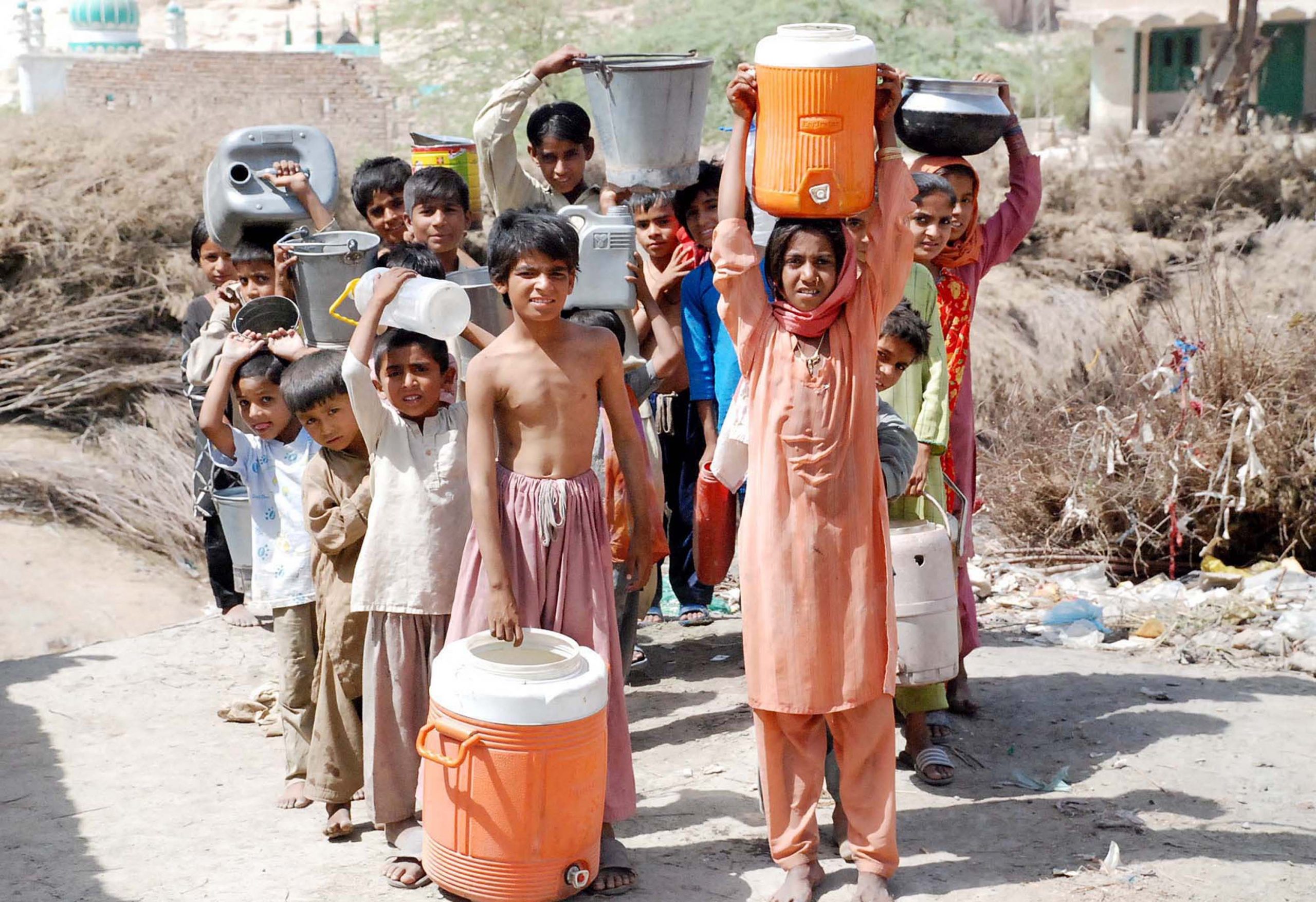[dropcap font="" size="50px" background="" color="" circle="0" transparent="0"]W[/dropcap]orkers in Pakistan’s Sindh province, a key garment-producing hub, are celebrating what campaigners call a
historic 40 percent hike in the minimum wage from 17,500 Pakistani rupees (US$84.65) to 25,000 Pakistani rupees (US$120) per month. The increase will take effect retroactively from June 1.
Alongside the increase, the Supreme Court ruled that all workers in Sindh should receive back pay to take their wages to 19,000 Pakistani rupees (US$91.91) from July 1, 2021 to May 31, 2022.
It took almost a year for the wage increase to materialize, though. The Sindh provincial government announced it in July 2021, reports
Ecotextile News. But employers lodged an appeal with the Supreme Court, claiming they could not afford to pay. As they stalled, the workers struggled to survive on poverty wages.
Global network
Clean Clothes Campaign (CCC) contacted H&M, Gap, C&A, Bestseller, Carrefour, Mango, Levi’s, Boohoo, Fruit of the Loom, and Tom Tailor to issue a public statement in support of the new wage and to publicly reassure suppliers they would adjust their payments to factor in the higher wage costs. Yet each brand stayed silent and was thus complicit in
devastating wage theft.
Zehra Kahn, general secretary of the Home Based Workers Federation in Pakistan, says that the long-drawn-out process shows “how difficult it is to fight for a higher wage for the workers in our sector, not because of unwillingness from our government but because employers and buyers are unwilling to raise wages,” reports CCC.
CCC notes that the 40-percent increase in minimum wage is rare in garment-producing countries. However, it “remains only half” of what the group estimates to be a living wage in Pakistan.

































































